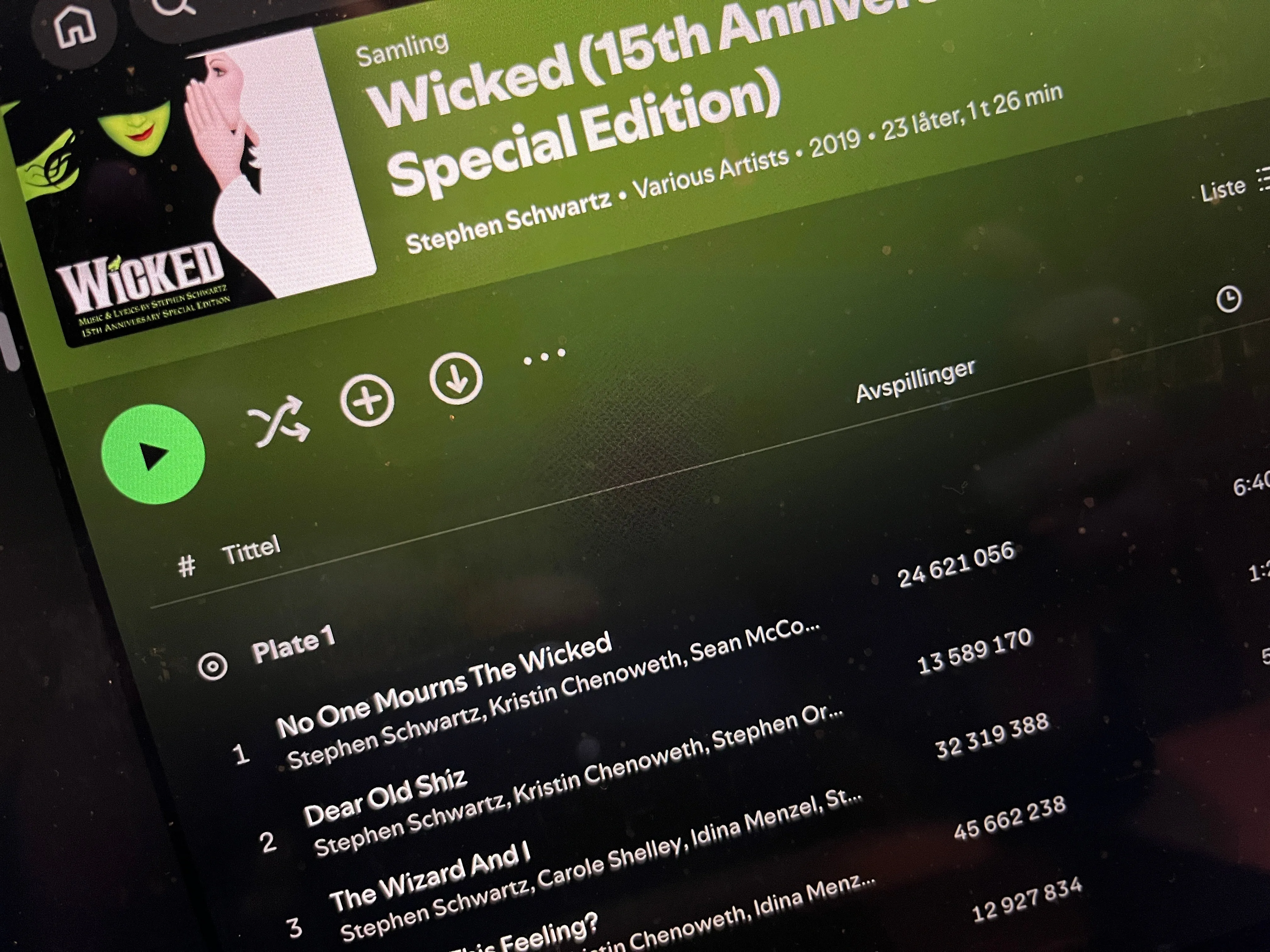What If You Switched Your Music Distribution: Distrokid vs. CD Baby vs. Tunecore
The One and Only... or is it?
Discover the best platform to catapult your music career...
What if you had to choose between Distrokid, CD Baby, and Tunecore? What would happen? What if you choose the wrong distribution platform for your music?
Why Use Distribution Platforms?
Imagine this - you're a budding musician in Canada, searching for a CD duplication company. Sounds simple, right? Wrong. The journey involves grappling with currency exchange rates and different tax laws, among other hassles. You find that dealing with just one business aspect can cost a significant amount of time and money, a sentiment shared by John.
Why not ditch this cumbersome process and opt for a more modern, streamlined solution? The answer lies in the realm of digital music distribution platforms like Distrokid, CD Baby, or Tunecore.
Too Many Options?
It’s like asking an audience who would like free dinner. The inevitable response - hands shooting up in the air. The freedom to choose is enticing, but when the time comes, many options might appear as obstacles. The same goes for choosing a music distribution platform.
The Showdown
First, let’s compare Distrokid and CD Baby. One major factor differentiating the two is the pricing model. Distrokid favors a subscription-based model, while CD Baby opts for a one-time payment structure per album or single.
Let’s say hypothetically, you’ve released five albums over three years. With Distrokid, you would be charged an annual fee for every one of those years, even if you didn’t release any new music. CD Baby, on the other hand, charges you once for each album, no matter how many years it's up on their platform.
But what if you have just a handful of songs? Distrokid may have an edge here because the annual fee stays the same regardless of the number of songs you release.
Each to Their Own

Next, let’s bring Tunecore into the mix. Tunecore and Distrokid both operate on a subscription basis, but Tunecore tends to be pricier. This, however, comes with certain benefits. Tunecore, for example, offers extensive promotional opportunities, making it an appealing choice for artists looking to reach a larger audience.
But what if you’re a new musician on a budget and just trying to get your music out there? Distrokid’s lower costs and simplicity might be the ticket.
Money Matters
The next factor to consider is royalty collection. CD Baby, unlike Distrokid and Tunecore, charges a commission on your royalties. If you’re a DIY artist managing your own music, would you rather pay upfront and keep all your future earnings or share a slice of your success?
Tools of the Trade
There’s also the question of extra features. What if you want to sell physical CDs or vinyl? CD Baby can help with that. Need detailed analytics and social media integration? Distrokid and Tunecore both have got you covered.
Familiar Faces
Finally, what if you took a leaf from a successful artist’s book? Some notable artists who have used these platforms include Billie Eilish (CD Baby), Two Feet (Distrokid), and Boyce Avenue (Tunecore).
The bottom line? Each platform has its merits and drawbacks. It’s a classic case of ‘different strokes for different folks’.
The Final Note
With so many choices, it's about choosing the best fit for you and your music career. So, what if you switched your music distribution today? Remember, there's no 'one size fits all' solution; it’s about finding what strikes the right note for you.
Discover a world of opportunities as a musician. Switch up your game and challenge the status quo. Don't remain stuck with just "one" choice. Explore the possibilities of Distrokid, CD Baby, and Tunecore.



















